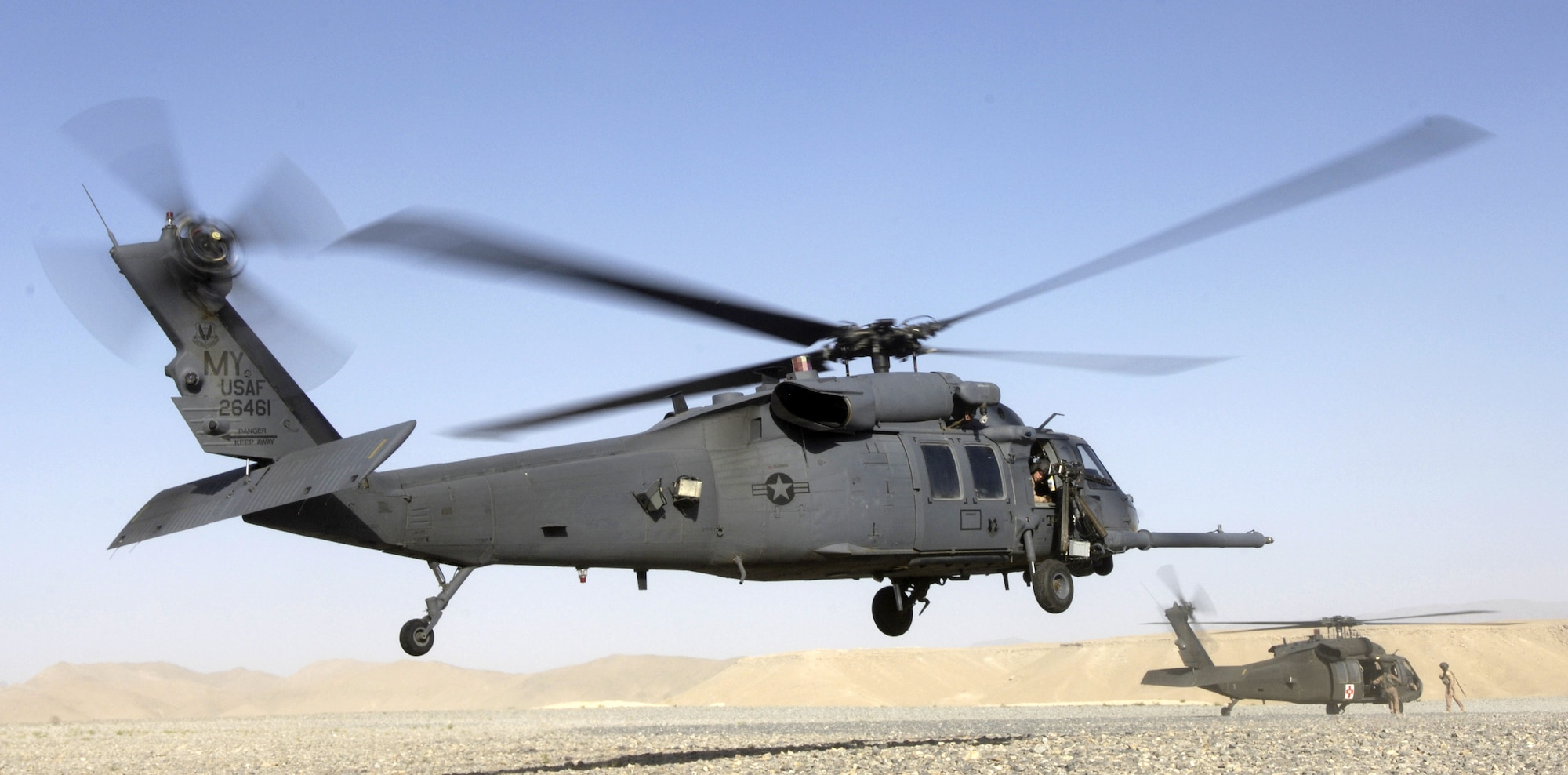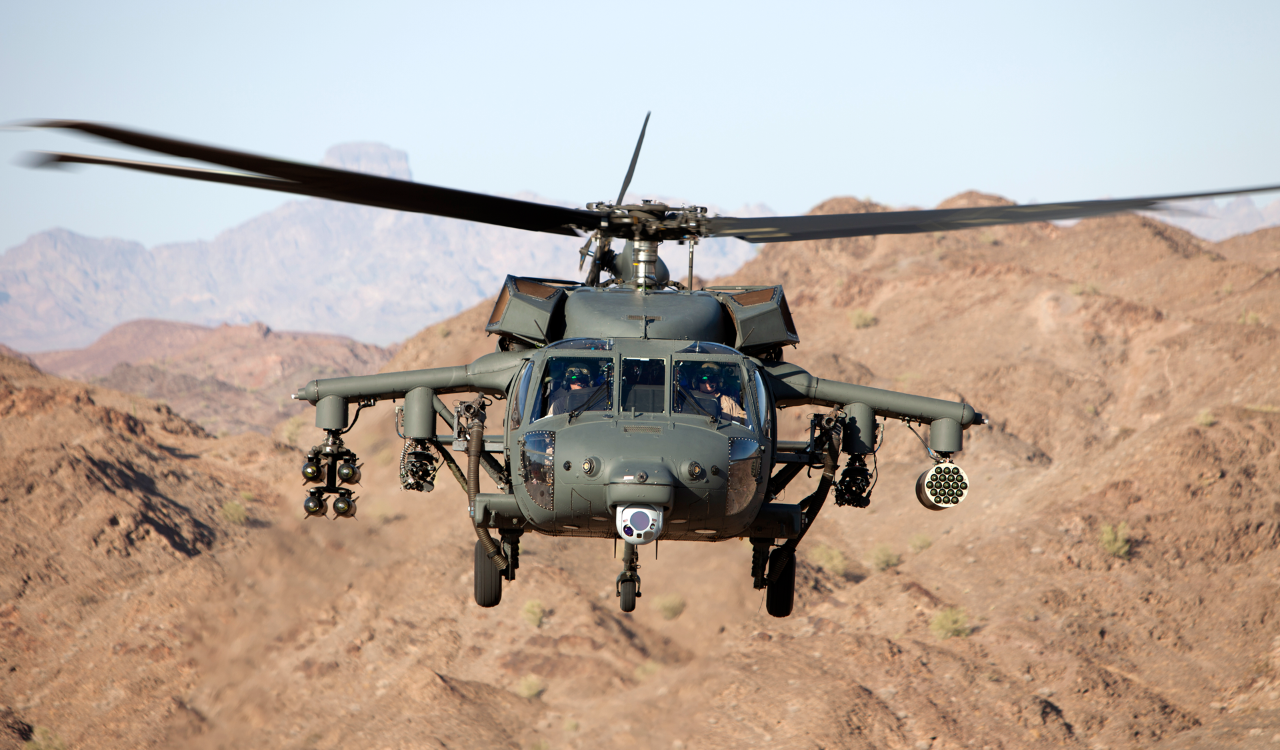UH 60 Black Hawk: Military Helicopter Attributes and Capacities
UH 60 Black Hawk: Military Helicopter Attributes and Capacities
Blog Article
The Impact of Lasting Practices on the Future of Airplane Workflow and Emissions Reduction
As the aeronautics market encounters boosting examination over its ecological effect, the adoption of lasting methods emerges as a critical pathway towards future aircraft procedures and exhausts decrease. Technologies in lasting air travel gas and improvements in crossbreed propulsion innovations stand at the forefront of this makeover, appealing significant decreases in greenhouse gas emissions. The successful integration of these initiatives pivots on a variety of aspects, consisting of governing frameworks and sector collaboration. The concern remains: how will these developing methods improve the characteristics of flight and add to a more lasting future?

Introduction of Lasting Practices
Sustainable practices in airplane procedures encompass an array of strategies targeted at minimizing environmental effect while preserving operational performance. These practices are crucial in the aeronautics sector's dedication to minimizing its carbon impact and sticking to international ecological requirements. Secret initiatives include maximizing flight courses to reduce gas consumption, improving maintenance methods to make sure airplane run at peak effectiveness, and applying innovative innovations such as winglets and lightweight materials that enhance the rules of aerodynamics.

Training and engaging staff on sustainability practices additionally play a crucial function, promoting a culture of environmental obligation within organizations. Overall, the assimilation of these sustainable techniques not just helps reduce emissions however likewise improves the lasting practicality of the air travel market, guaranteeing it fulfills the needs of both consumers and regulatory bodies while contributing to global sustainability objectives.
Ingenious Fuel Alternatives
Various cutting-edge fuel options are emerging as crucial remedies to lower the air travel industry's dependence on typical nonrenewable fuel sources. Amongst these options, Sustainable Air travel Fuels (SAFs) have gained substantial attention because of their prospective to decrease lifecycle greenhouse gas discharges by up to 80% contrasted to conventional jet fuels. SAFs are obtained from numerous feedstocks, including waste oils, agricultural deposits, and also algae, making them a flexible option for the sector.
Another promising alternative is hydrogen gas, which, when utilized in fuel cells, produces just water vapor as a result. This zero-emission possible presents a considerable chance for decarbonizing trip operations, especially for short-haul trips and local airplane. In addition, electrical propulsion systems are being discovered, leveraging battery modern technology to power airplane. While present battery capacity restrictions variety and payload, recurring advancements may soon render electrical flights sensible for particular applications - uh 60.
Last but not least, biofuels obtained from biomass are being checked out, providing a renewable choice that can be blended with standard fuels. Jointly, these ingenious fuel choices stand for a vital step towards accomplishing a sustainable air travel community, lining up with worldwide discharges decrease targets and improving the industry's ecological stewardship.
Technological Innovations in Air Travel

Exactly how can technical advancements improve the future of aviation? Innovations such as electric and hybrid propulsion systems are at the forefront, encouraging considerable decreases in fuel consumption and greenhouse gas emissions.
Furthermore, the execution of advanced products, such as light-weight compounds, adds to enhanced the rules of aerodynamics and fuel efficiency. Making use of synthetic intelligence and equipment understanding in trip operations maximizes path planning and decreases gas shed by enabling real-time changes based on weather and web traffic conditions. In addition, the development of independent and from another location piloted aircraft systems stands to revolutionize freight and passenger transport, potentially raising efficiency while lessening human error.
In addition, sustainable air travel modern technologies, including advanced air traffic monitoring systems, can minimize and simplify operations congestion, resulting in lower emissions during trip. These innovations jointly represent a paradigm shift in aeronautics, guaranteeing a future where sustainability and operational effectiveness are intertwined, consequently supporting the industry's dedication to reducing its ecological effect.

Governing Framework and Compliance
Because of the expanding emphasis on ecological stewardship within the aeronautics field, the regulative framework regulating airplane procedures is progressing to advertise lasting methods. Regulative bodies, such as the International Civil Aviation Company (ICAO) and different nationwide air travel authorities, are introducing stringent guidelines focused on reducing emissions and boosting operational effectiveness.
These regulations commonly include the adoption of Sustainable Aeronautics discover here Fuel (SAF), which has actually been recognized as an essential element in accomplishing reduced carbon footprints. Conformity with these guidelines needs airlines to execute functional techniques and advanced innovations, such as enhanced trip courses and enhanced air web traffic administration, to lessen fuel usage.
In addition, the enforcement of emissions trading plans and carbon balancing out efforts is becoming significantly common, compelling airlines to keep track of and report their exhausts precisely. Non-compliance can lead to significant fines, therefore pushing operators to prioritize sustainability in their service designs.
Inevitably, the advancing governing landscape not only drives innovation and investment in environment-friendly innovations but additionally promotes a society of accountability within the aviation industry. As these structures remain to establish, the emphasis on lasting practices will certainly be important to accomplishing the field's long-term environmental goals.
Future Patterns in Airplane Operations
As the air travel industry adapts to a progressively rigid regulative setting, future fads in aircraft procedures are set to concentrate on ingenious solutions that even more enhance sustainability and effectiveness - uh 60. Trick growths will likely consist of the fostering of innovative air traffic administration systems, which utilize real-time information and man-made intelligence to enhance flight paths, decreasing fuel intake and discharges
An additional considerable trend is the boosted combination of sustainable aviation fuels (SAFs) These choices to traditional jet gas, straight from the source originated from eco-friendly sources, can substantially reduce lifecycle greenhouse gas discharges. The industry's commitment to SAFs will likely accelerate as airlines work together with fuel manufacturers to make certain schedule and cost-effectiveness.
Additionally, the push in the direction of electrification and over at this website hybrid propulsion systems is obtaining momentum. Emerging aircraft layouts will incorporate these technologies, supplying quieter and more effective operations, specifically for short-haul trips.
Conclusion
The adoption of lasting air travel gas, paired with improvements in electric and hybrid propulsion systems, is essential for minimizing lifecycle greenhouse gas discharges. Maximizing trip courses and embracing innovative innovations add to a quieter and extra environmentally pleasant aeronautics sector.
Advancements in sustainable aeronautics gas and developments in crossbreed propulsion technologies stand at the center of this transformation, promising considerable reductions in greenhouse gas discharges.Various innovative fuel choices are arising as crucial remedies to minimize the aviation industry's dependence on traditional fossil gas - uh 60. Among these options, Lasting Aeronautics Fuels (SAFs) have gained substantial focus due to their possible to decrease lifecycle greenhouse gas exhausts by up to 80% contrasted to traditional jet fuels.An additional considerable fad is the raised integration of sustainable aeronautics gas (SAFs) The fostering of sustainable aviation gas, paired with developments in hybrid and electric propulsion systems, is crucial for reducing lifecycle greenhouse gas discharges
Report this page